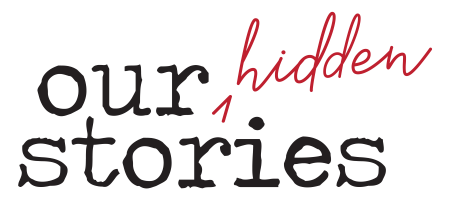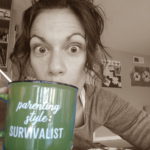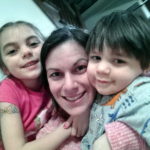
I remember when we started early intervention. The thought behind it is that with a bit of intervention, my child would catch up to his peers. The reality is, at the time, I didn’t know that my view, and of the countless other experts, of the situation, was completely wrong.
“Let’s get him the help he needs to catch up,” they would say. Of course, we wanted that! I mean, look at his sister so happy and healthy, in no time they would be playing together as I dreamed. But, the things we had been “promised” just a year earlier by so many therapists and doctors were now just broken once we got our diagnosis, like my heart.
[my child] didn’t even open his mouth to make a sound that used to send a massive stab to my heart.
After our diagnosis, I mourned as I saw other children speaking, walking, or any of the other things I realized at that moment my child might never “catch up.” But, I was looking at the incorrect set of peers, so he was never going to catch them.
In a cruel twist of fate, he lost many of the skills he worked so hard for that first year in early intervention, almost overnight having his first regression of skills. With that, the reality of his diagnosis came crashing down on me like the ice bucket challenge, cold, and an unforgiving reminder of how lucky we had been.
But as the years pass, something has happened. Even though I look at other children who are my son’s age with a bit of longing for my son, I realized they are not his peers.
[…] every tiny step he makes should be recognized for the mountain it was.
Having a realization like that is a relief in so many ways. I don’t look at myself with the same pity in my heart as I had once before. Previously, when children called for “momma,” or “dada,” yet mine didn’t even open his mouth to make a sound that used to send a massive stab to my heart.
But now, it doesn’t hurt like it once did. Now, I know that might never be in the cards. Although I have my moments where I long to hear him call for me, I also realize that it will be a triumph that the other parents may never understand if he ever does.
Are my son’s accomplishments worth more than a typical child his age? Heck yeah! He works countless times harder, longer, and even though he falls farther and farther behind those original peers by the day, every tiny step he makes should be recognized for the mountain it was.
Now, do I feel this way every day? Absolutely not. It is hard to be positive knowing the distance keeps growing from his once peers. I mean, there are days I feel a stab because his peers are outpacing him by leaps, not steps anymore. Not everyone with my son’s diagnosis is non-verbal. Many can speak. Or, many could at one point. The reality is since we had a regression, and there has been some distance from it at this point, I can see that the small milestones need to rejoiced when we have them.
[…] I will climb a little higher […]
So when you are looking in the far distance at the peak, your child seems to be only at the bare base of, realize you might be looking at the wrong mountain. Maybe they were never meant to journey that path. Look to your left, then the right, even behind, but readjusting your focus will save you so much pain.
And when you can’t help but look, that’s okay too. Because your path has also changed from where you started. As caregivers and parents, we tend to focus so much on our children and loved ones that we forget that along the way, the mountain that is before us might not be the same one we were climbing anymore as well.
I took the detour years ago, and I am on a whole different mountain, with a completely different climate and terrain. Some days the views are amazing. Other’s it’s nothing but sleet and rain. But today, it’s not so bad, maybe a little fog, but I can see the sun peeking through, so I will climb a little higher to see if I can rise above the fog, or what possible obstacle, or clearing, will meet me next.
Photo by Lili Popper on Unsplash



